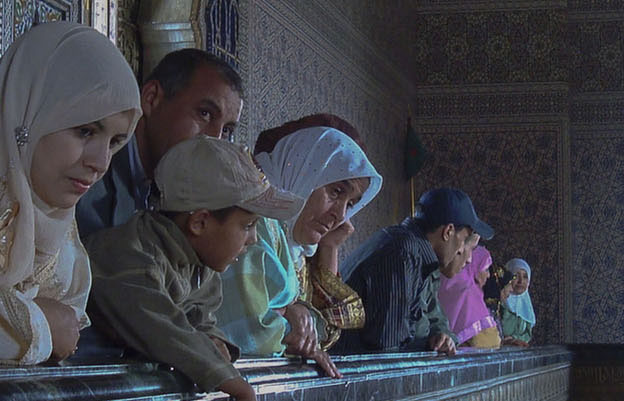06 May 2024
Politics and practices of anthropological knowledge making across contested regional borderlands
Keywords:
Knowledge making; regions; Mediterranean; Borderlands
Abstract:
This panel has been conceived by three anthropologists who work around the Mediterranean Sea. Historically-rooted asymmetries and economic, political and socio-cultural inter-dependencies, including (de)colonial entanglements, have long shaped this part of the world. The Sea connects diverse life worlds and social realities in highly unequal relations and across its various shores, diverse normative and socio-economic foundations of human coexistence can collide, with repercussions for anthropological knowledge in/of the region. This area is a highly relevant, yet deeply contested, social space, and we treat it as an analytic borderland (Mignolo and Tlostanova 2014; Sassen 2006). Our current focus is on how we, as anthropologists, contribute to the (un)making the Mediterranean through our research practices and writings, with what consequences. How should anthropologists position themselves in the study of what is sometimes treated as a transcontinental space, and sometimes studied through national or regional delimitations? How should we deal with our respective origins, gender, social conditioning and normative backgrounds in our studies? In what situations do we need to '(un)do' or to disclose such entanglements? When should we widen our research perspectives and our methodological repertoires? Wishing to engage with scholars researching in and across contested regions around the world, we welcome proposals that engage with anthropological experience around the Mediterranean and or other analytic borderlands. Contributions should critically engage with politics and practices of knowledge making, adding to debates on the production of social-space and theory by engaging with our own and other vulnerabilities that are encountered in our research.


